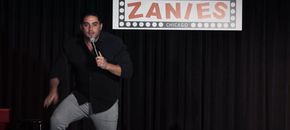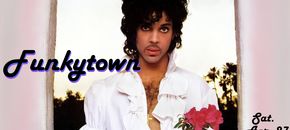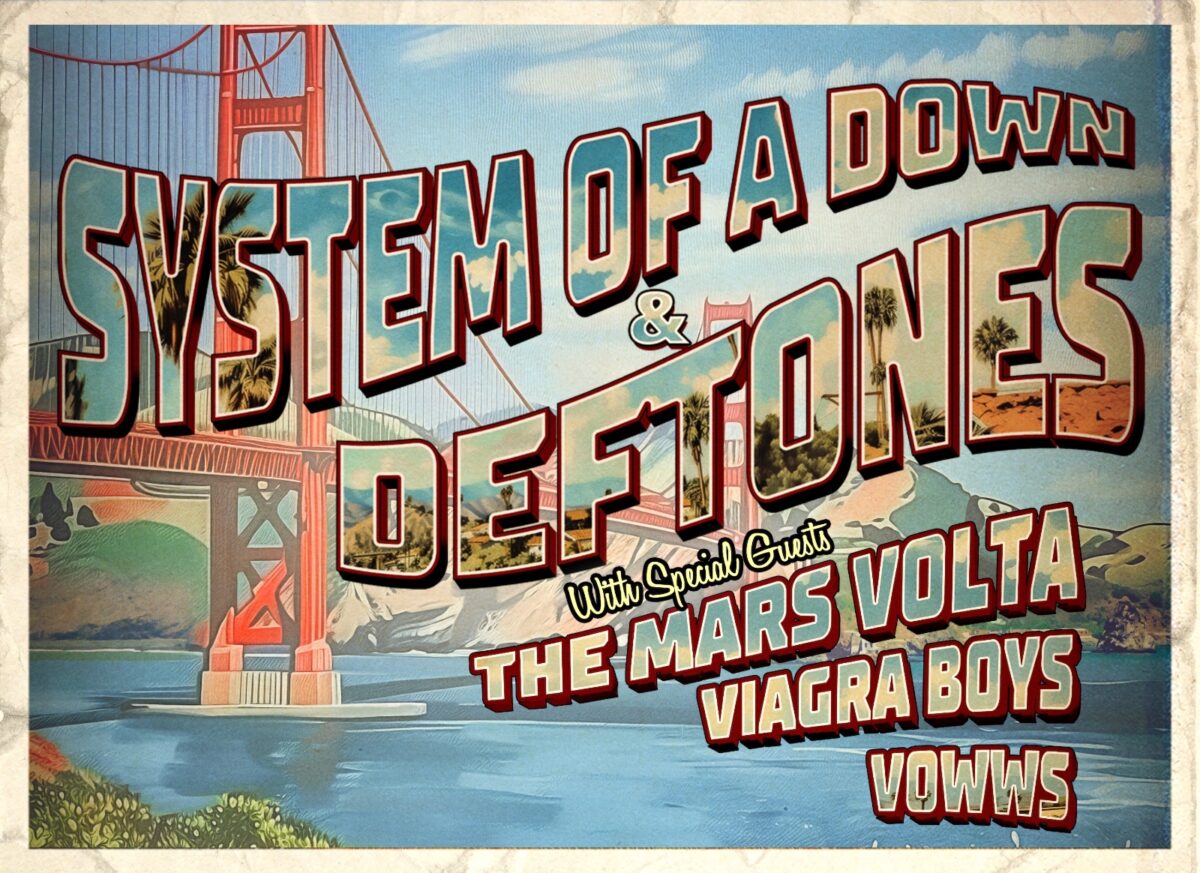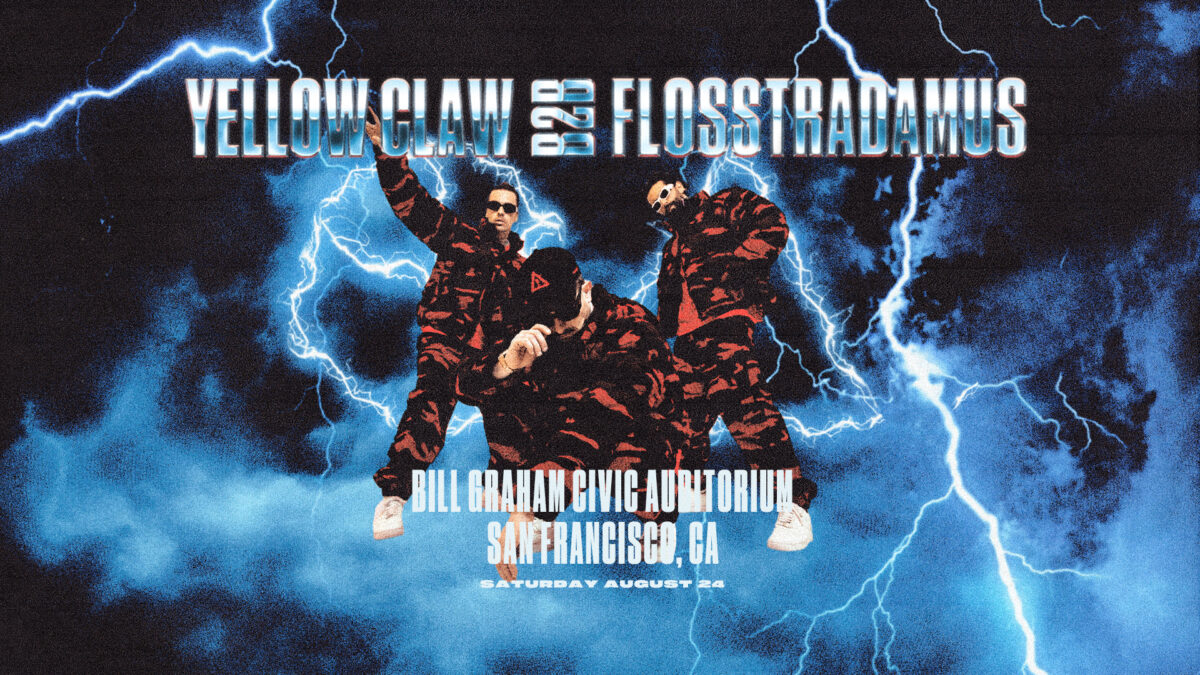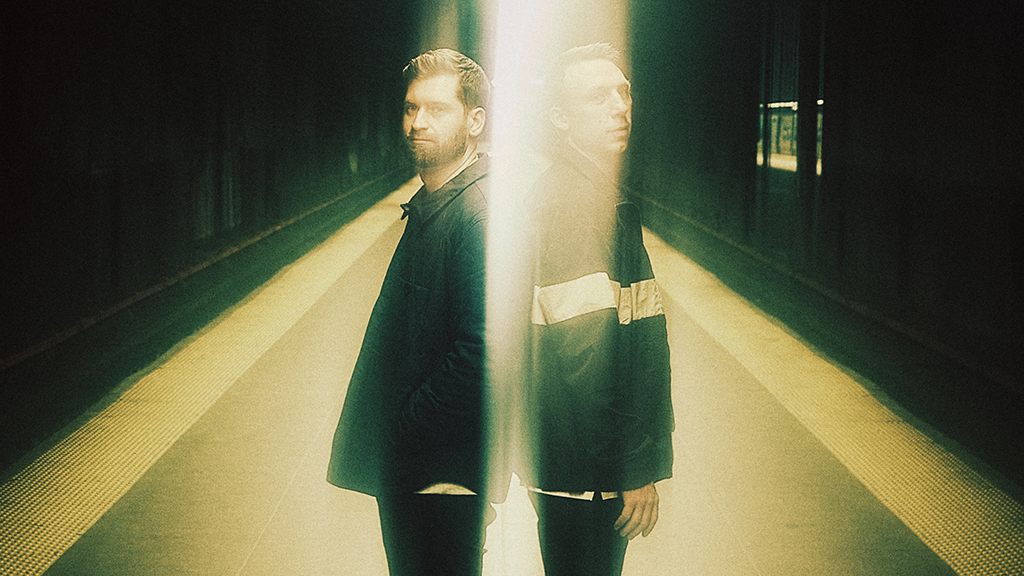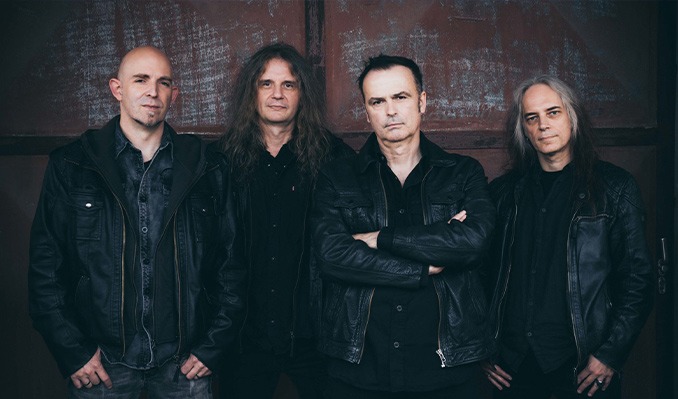Eddie Huang Discusses “Fresh Off the Boat” Memoir, Vice Show
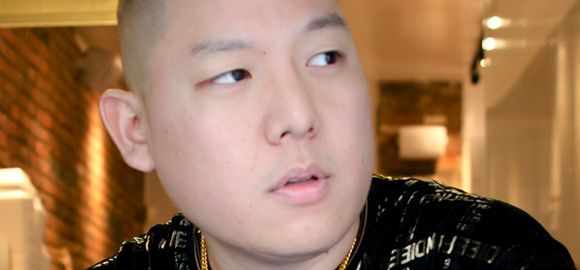
Controversy follows Eddie Huang, owner of popular Taiwanese street food joint BaoHaus in New York’s East Village, Vice “Fresh Off the Boat” celebrity, blogger and newly minted memoir author.
He throws darts at the culinary establishment and popular NY chefs (David Chang, Marcus Samuelsson), a couple of years ago he sued San Francisco’s Chairman Truck for trademark infringement (he claims the owners lifted their former name “The Chairman Bao” from his menu), and in his “Fresh Off the Boat” series on Vice, he hunted for bunny rabbits in the Livermore foothills with a local motorcycle club.
In his new memoir, also titled “Fresh Off the Boat,” he offers the back-story for his rise to culinary bad boy of the moment, but more importantly, a unique perspective on the modern immigrant experience in America, particularly the assimilation of Asian American youth in the U.S.
Peppered with hip hop references, stories from his defiant and troubled upbringing and a passion for food and basketball, 30-year-old Huang’s story speaks to a generation that continues to modify and define itself among the marketing and media clutter of the 21st century and anyone who has stumbled a few times along their life path.
We spoke with Huang in a phone interview from New York. He visits Omnivore Books for an interview with author Adam Mansbach on February 4.
Did you think you would ever see “Mr. Huang has a mouth on him” from a New York Times book critic?
Yeah, people have always said that, but I can’t help it. I have an opinion, and if having an opinion means I have a mouth on me than so be it.
What did you think about the last line with a reference to “mental diarrhea’?
You can tell he probably has an alliance to the David Chang’s of the world. A lot of the people I took shots at in that book, he subscribes to that class of chefs and that culture of cooking. I’m attacking that and I’m tearing it down.
He’s going to be defensive and he’s going to take a shot, but at the end of the day, I commend him. He rolled over at the end and accepted that this is important to a lot of people.
Especially within the area of race…
You can talk about race in an ivory-tower manner. You can debate about it within the margins of The New York Times, but that is not what’s going on out there in the real world, out in the street. … I didn’t write to book for guys like [the review author] Dwight Garner.
Who did you write it for?
I wrote it for kids like me. I’m 30, but I still consider myself a kid. I really wrote that book because I remember what it was like to be 18 or 19 years old and having people tell me that I have to grow up and be this or that.
I think a lot of kids need someone to say, “You know what, you’re ok.” The people that you look up to and subscribe to as role models, it’s all ok. As long as you follow your dreams and be yourself 100 percent of the time, you’ll be successful and find your way.
I had to look into multiple places—I looked into law, standup comedy and I was in the streets doing shit—but inevitably it was food. I never gave up and I’m still looking. After BaoHaus, I started writing and now I’m doing the show and I’m going back to designing some clothes with friends.
It’s always that constant search for ways to express yourself. As long as you’re constantly searching and you’re constantly hungry, you’re going to be ok. Who you are is good enough; just find ways for that to translate. That’s why I wrote the book.
For those of us who grew up while hip hop was also coming of age in the mainstream, there were always comments discrediting the culture and music—and those who listened to it—as a fad that would go away.
Yeah, it means a lot more than what people think it does. It was very special to a lot of people of our generation. The last paragraph in my book kind of boils down what I’m writing about: Don’t accept the box that America puts you. It wants to package you a certain way. Refuse it, repackage it, remix it and sell it back to them twice.
Did you consider that your message might get lost with all of the hip hop and pop culture references in the book?
I made a conscious decision to write the way that I speak and use the references that my friends and I talk about instead of feeling like I need to use references that other people will get. As an artist, that is my most important contribution to writing and to food and with what I do. I don’t massage it or censor it and I don’t cleanse it or filter it for dominate culture.
I use culture references like Cam’ron and Charles Barkley that I won’t hide. I don’t try to talk about things that other people will know. I know what I know, and that’s what I talk about. And I have no hesitation to write about Cam’ron and then write about Jonathan Swift in the next sentence. If you think it’s a contradiction, keep up. This is the 21st century, people will pick from high and low and everything mixed up in between.
What motivates you to share your opinion on the food scene and also the larger social issues that you tackle?
I’m a weirdo that doesn’t fit in. A lot of times the world is one size fits all and it doesn’t fit me a lot of the time. Instead of being quiet about it, I say something.
Did you have any interesting off-screen moments when you were here filming with Vice?
People told me to go to House of Nanking, and I really wasn’t interested. I’ll go when I go, but I ended up going to Ho’s—this Chinese-American restaurant down the street from my boy’s house in Pacific Heights.
It was after a long day shooting the first episode for Vice. I wanted to make a statement: It’s not about going to the best restaurant and meeting the best chefs. It’s about really getting into these cities and having a good time. Good stories and good culture usually don’t come from the Michelin guide or picking out the best restaurant, it kind of just happens. You stumble into good shit.
Eddie Huang appears at Omnivore Books for an interview by author Adam Mansbach on February 4 from 6pm to 7pm. Admission is free.
